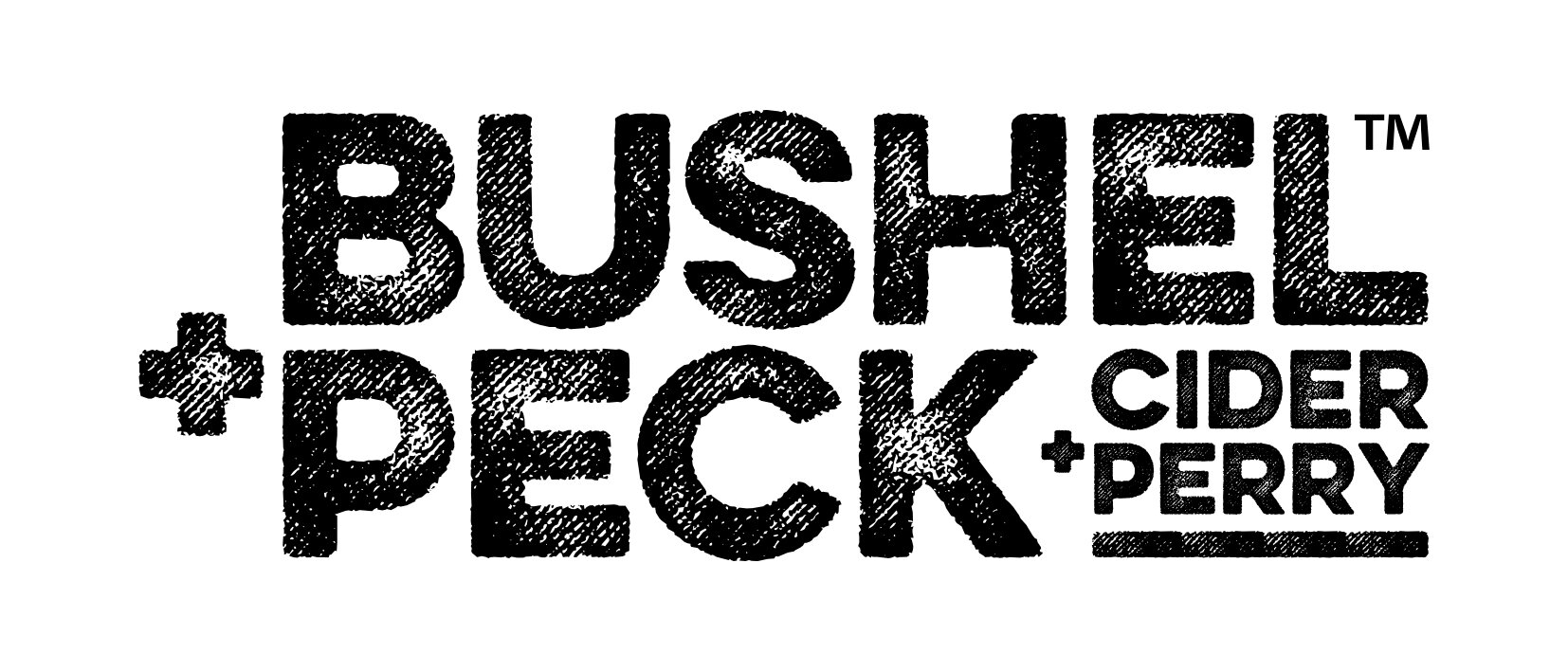Perry pears are hard work and dangerous
Dangerous
This may not look like a hard-hat zone, but it is. Ripe pears falling from the top of this tree have reached terminal velocity by the time they hit the ground … or land with a resounding thump on top of our heads. That’s something the size of a golf ball and about as hard, if somewhat lighter. So, we hope you enjoy Bushel+Peck perry; we’ve risked life and limb to get it to you. And that’s not even considering the wasps (and, this year, the hornets).
Hard work
Even with a tall ladder and a long stick, most of the fruit on a mature perry pear tree is out of reach, so one has to wait for the fruit to fall … into the stinging nettles and long grass that lie below, from where they have to be extracted, by hand; no machinery for us. And once on the ground, most varieties of perry pear tend to ripen quickly, so one has just a few days to pick and press the fruit before it becomes over-ripe.
At least, that’s what we do. Evidently, we set high standards for ourselves. Last year we turned away some over-ripe pears with an apology (the seller was fairly elderly and, like us, had picked them by hand). “Don’t worry,” he said chirpily, “******* from Herefordshire will buy the lot.” It may help to explain why Bushel+Peck perry is really quite good.
